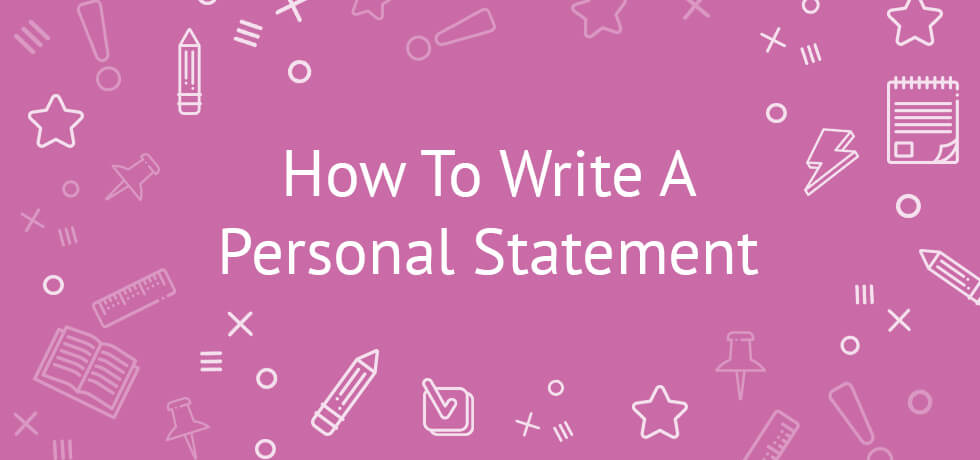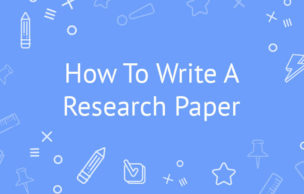How to Write An Impressive Personal Statement

When you are set to become a college student, you are supposed to submit certain documents as the initial part of your application process. The admission committee will review these documents and make the decision as to if you are invited to the next step – the interview. In other words, these documents determine your academic future and – ultimately – your career. An integral part of this document package is the personal statement. The importance of this particular document lies in the fact that this is the one part that you write yourself, the one that is controlled by you exclusively and directly.
More often than not, it is the first time that the applicant has to face such a responsible task. This is enough to overwhelm and confuse him/her. This confusion, its turn, sometimes leads to making fatal mistakes when putting together a personal statement and – as a result – a failed application. In order to avoid this confusion and write the personal statement properly, one should have a clear understanding of what a personal statement is and what it does.
A personal statement is a short (normally up to one hundred fifty words, but the exact word count should be specified by the school to which you are applying) essay where you present yourself to the admission committee as a person. You are to state why you chose to study for this particular profession at this particular university, what makes you the perfect candidate for the position of the student, and what you plan to do with the obtained knowledge after your graduation, as well as what you can do for this school during your college years and why they should be interested in you as a candidate. This is an advertisement of sorts. The goal of a personal statement is to “sell” yourself to the admission committee, to get them interested in your beautiful personality, and to make them want to invite you over for an interview.
As mentioned before, people who have to write a personal statement are most often first-timers, they had never written anything like that before. Surely, your school of choice may provide you with auxiliary questions and guidelines, but sometimes it will get you even more confused. So, here are a few tips on how to write a truly effective personal statement.
THE CONTENT
Since you are limited in the number of words, you need to be able to summarize all you have to say briefly and clearly. Therefore, do not repeat yourself by retelling the information that the committee can find in your other application documents – your high school certificate and your recommendation letters. Your academic and/or athletic success may only be put in a personal statement if it has a strong connection with your personal experiences that lead you to choose this particular profession and this particular school. It is good to think about what makes you stand out among other candidates with, say, the same grades.
Also, it is not such a good idea to try and impress your reader. You don't know these people yet, so you don't know what will appeal to them or what might lay totally flat on them. What you do now is that they will appreciate your personality and individuality – therefore, avoid looking for examples of personal statements online, because it must be about you, not some other person. A sample personal statement will inevitably influence your end result, and your statement will misrepresent you.
Try to make your personal statement engaging in such a way that it sets up some curious questions about your personality and your life experiences. You need to make your reader want to ask you those questions because the only opportunity they can get is if they ask you to the next step of your admission – the interview. Another crucial thing is to choose your words carefully. They should be clear and precise. You don't want to be too vague or wordy because this will artificially extend your personal statement beyond your school's size requirements.
It will be nice to mention what you have heard about the school – both in terms of academic and non-academic life. It may take a bit of time to research, but it is well worth the effort. This will demonstrate that you are particularly interested in this school, you know a lot about it, and you are eager to learn more.
THE OPENING
When we need to write something, our biggest challenge is often to get ourselves to start writing. We just don't know with what to start. So, we stumble at the very first line. Luckily, with a personal statement, it is a complete no-brainer. You simply begin by answer the question “Who are you?”
For example: “I am an ichthyology enthusiast, I have several big aquariums at my home with [exotic fish 1], [exotic fish 2], [exotic fish 3], and others. Fish have fascinated me since as long as I can remember, but only when I turned 12 my parents have allowed me to keep as much fish as I wanted, and my real observation and research started” and so on, and so forth.
After you start with this, it will be easy to go onto your motivations (for example, some authors who have influenced you both with their ideas and with their personal examples) and what you have done to pursue them, your choice factors, and – ultimately – your future plans. Once again, do not be tempted to dismiss personal experiences – for example, how you first saw a goldfish back when you were a small child and how it fascinated you.
THE PREFERRED PERSON AND TENSE
Generally, a personal statement is to be written in free form. However, since it is about you, it is probably a good idea to use the first person, but this is not a must.
As for the tense, there are also no strict requirements, unless specified by the school. The only must here is that you stay consistent through the entirety of your personal statement.





